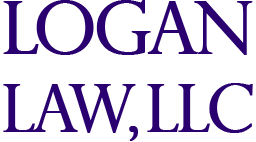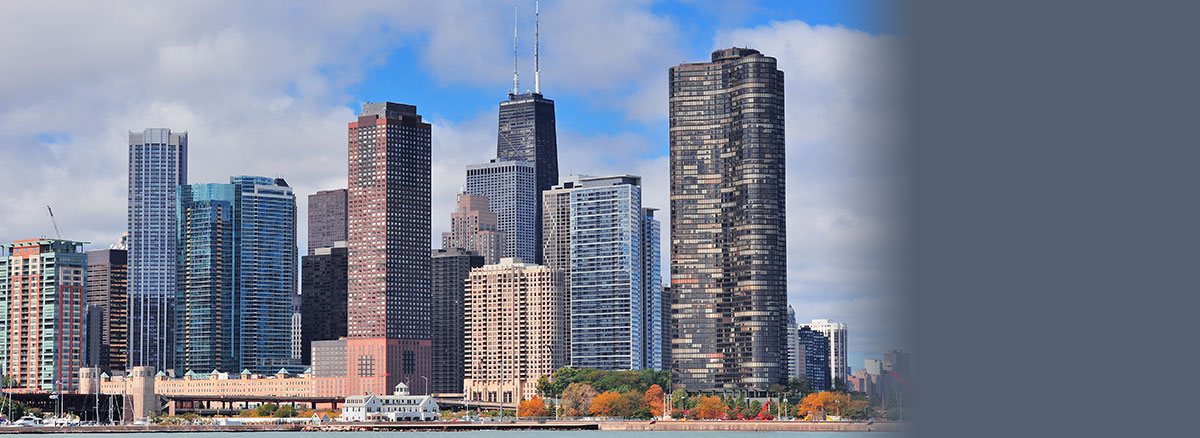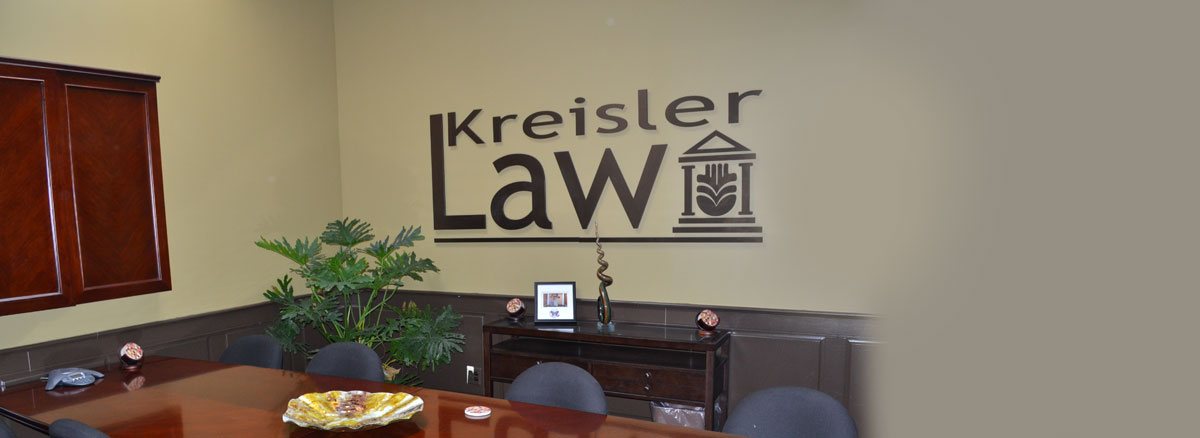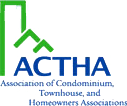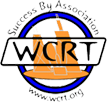
Condo and Town Home Association FAQs from a Chicago, IL Attorney
The operation of Chicago Condominium or Town Home Associations frequently gives rise to legal questions about Illinois condominium association laws. Answers from our Chicago Condominium Association Law Attorneys to some common questions are set out below.
However, if this page leaves any of your questions unanswered or not fully answered, feel free to contact one of our Condominium Association Lawyers for the answers to the questions and issues that face your Chicago area Association.
Question
What can an Illinois Condominium or Town Home Association do to collect past due assessments and unpaid unit owner fines?
Answer
Illinois law provides strong support for the collection of past due assessments and fines due from unit owners. The Association’s attorney can record a Notice of Lien with the Recorder of Deeds and if it chooses, can even foreclose the lien in Court, which would allow sale of the owner’s equity in his unit. However, Illinois is unique among the states in allowing the Association an even better option.
Under this option, the Association can have its condominium assessment collection lawyer serve a Notice and Demand for Possession on the Owner, giving the owner 30 days to pay the past due amount. If the owner does not pay in full, the Association can have its condominium assessment collection attorney actually sue to evict the owner from possession of the unit, allowing the Association to then rent out the unit and use the entire proceeds to pay the past due amounts.
Question
What about the Association’s legal fees and Court and related costs of collection?
Answer
The Condominium Act specifically provides that the Association may be reimbursed its reasonable attorney fees and court costs from the delinquent unit owner.
Question
Several years ago, our Condominium Association adopted a rule prohibiting pets over 25 pounds. One of our owners has just purchased a 65 pound adult German Shepherd dog. What can we do?
Answer
A Condominium Association has the power to fine an owner who violates its rules. In this case, the Association should notify the owner in writing that the owner has violated the rule, giving a reasonable time for the owner to remove the dog. If the owner does not comply, the Association, through its Board of Managers can assess a daily fine against the owner for continued violation and can even provide that the fine will be increased in amount as time passes; for example $25.00 per day at the outset, increasing to $50.00 per day after a set number of days, and so on. To make sure the fine is enforceable, the Association should give the owner written notice of the fine and the opportunity for a hearing before the Board, if the owner so chooses.
As a second option, the Association can direct its condominium law attorney to sue the owner, to obtain a court order requiring the removal of the animal.
Question
How does a Condominium Association go about adopting rules and regulations?
Answer
The Board of Managers of a Condominium Association has the power to adopt reasonable rules and regulations. After consideration, the Board can adopt a set of rules and regulations. The Board must then give the unit owners notice of a meeting of unit owners, at which the rules and regulations are open for discussion among the unit owners. It should be noted that the unit owners are not allowed to vote upon or veto the proposed rules and regulations, only to express their opinions at the meeting. Once the unit owner meeting has been conducted, the rules and regulations may be enacted by the Board.
Question
There is a leak from the roof into my unit which the Association hasn’t fixed. Should I withhold my assessments to force a repair?
Answer
The answer is definitely NO. A Condominium or Town Home Association could sue to evict you for non-payment of assessments and add on the attorney fees and costs of collection, and the problem in your unit would not be a defense to the action.
Your recourse in this case is either (i) political, i.e. present your situation to your neighbors and secure their support. Or (ii) legal, through the filing of a lawsuit to compel the Association to fulfill its duty to prevent damage to your unit from a defect in part of the common elements of the Condominium. *It should be noted that there is currently a case pending before the Illinois Supreme Court challenging this proposition.
Question
My condominium association board just approved a new budget, which will increase assessments for my unit by more than 21%. Is there anything I can do?
Answer
Yes. The Condominium Act provides that a budget which increases assessments to more than 115% of the previous year may be challenged by unit owners. The procedure to do this is to first obtain signatures of unit owners with at least 20% of the percentage interests in the association on a petition requesting a unit owner vote. This must be accomplished and delivered to the board within two weeks after the board meeting which approved the budget.
If a proper petition is timely submitted, the board is required to call a special unit owners meeting within 30 days. At that meeting, the budget will be submitted to a vote of unit owners. However, if the budget is not rejected by a majority vote at that meeting, it is considered ratified.
Question
The heating boiler serving our entire building completely burned out just before our November board meeting, and there are not sufficient reserve funds to pay for the necessary replacement. What is involved in establishing a condominium association special assessment to pay for the replacement of the boiler?
Answer
Obviously, the sudden failure of the heating system of a Chicago condominium just prior to the onset of winter represents a true emergency situation. Under these circumstances, the board is authorized by majority vote to invoke a special assessment to pay for the replacement. Further, because the special assessment is for an emergency situation, this special assessment is not subject to unit owner override, even if it is opposed by unit owners with more than 50% of the percentage interests in the common elements. You should note that it is also becoming increasingly common for associations with cash needs such as your own to arrange for a bank loan to facilitate payment of the special assessment over time by those owners without ready cash to pay.
Question
I have a concern that the financial records of my Chicago condominium association are not being properly maintained and that association funds are being misused. How can I obtain access to inspect those records?
Answer
Section 13-72-080 of the Chicago Condominium Ordinance provides that a unit owner must be given access to association financial books and records within three business days after written request for access is received by anyone in possession and control of those records. A recent Illinois Supreme Court decision confirmed the validity of that ordinance and held members of a condominium association board of directors liable for thousands of dollars in attorney fees incurred by a successful plaintiff unit owner who sued under the ordinance for access to association financial records.
Question
We own a home in a townhome development, which is not a Condominium. What law governs our Association?
Answer
For many years, Illinois town home associations were governed solely by their recorded town home declarations of covenants and easements, plus a limited number of provisions of the Condominium Property Act which were specifically made applicable to town home associations. However, beginning in July, 2010, the Illinois legislature began to provide a comprehensive statutory framework for the governance of town home associations by adopting the Common Interest Community Association Act.
If these questions and answers have not answered all of your questions about Illinois condominium and town home association laws, feel free to click here to contact the Condominium Association Lawyers at Logan Law, LLC at any time for more answers or for a consultation.
Important Condominium & Town Home Association Information on this Site:
I. Laws relating in General to Condominium and Town Home Associations (click on the topic for information):
- For the entire text of the Illinois Condominium Property Act
- For the text of the Chicago Condominium Ordinance
- For the text of Provisions of the Illinois Forcible Entry and Detainer Act Applicable to Condominiums
- For selected provisions of the Illinois Not for Profit Corporation Act applicable in general to Illinois Condominium Associations
- For provisions of the Illinois Condominium Property Act specifically applicable to Condominium Association Meetings and Elections
- For provisions of the Illinois Not for Profit Corporation Act specifically applicable to Condominium Association Meetings and Elections
- For the entire text of the Illinois Common Interest Community Association Act
II. General Information and Advice Regarding Condominium Association Operations (click on the topic for information):
- Use of Evictions in Collection of past due condominium or townhome assessments, late charges and fines; for a published article on the subject by Barry Kreisler
- For more information about the eviction services offered to Condominium and Townhouse Associations by the Law Offices of Barry Kreisler, P.C.
- Condominium Association Meeting and Elections Procedures; for presentation made by Barry Kreisler to the Association of Condominium, Townhome and Homeowners Association Fall, 2009 Convention on this topic
- When Condominium Association May Charge back Repair or Improvement Costs to Individual Unit Owners, for published answer by Barry Kreisler to “Question of the Month in the April, 2010 issue of the ACTHA NEWS
